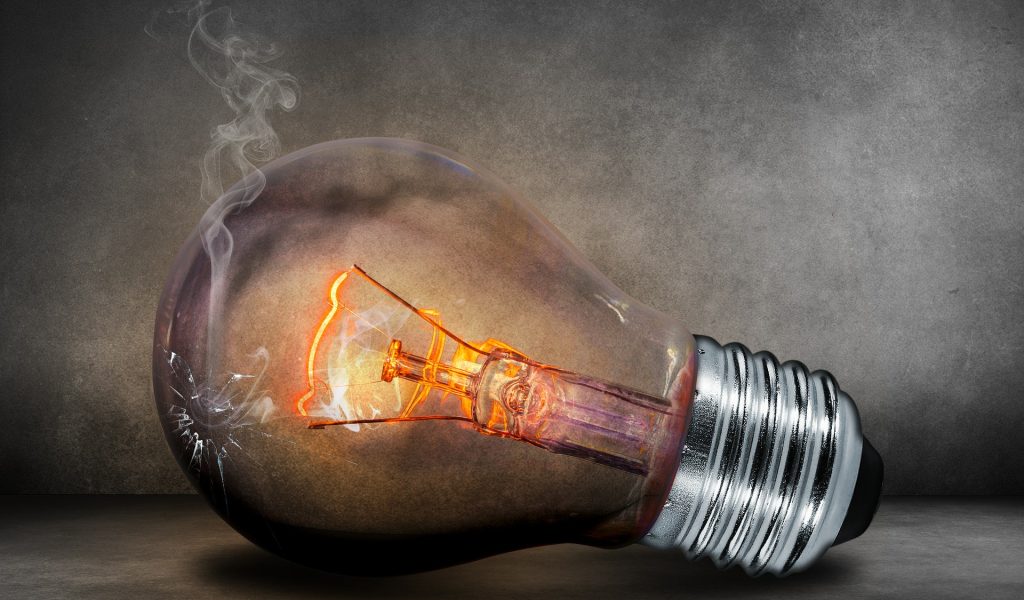The national state of disaster declaration presents both grave dangers as well as opportunities to denationalise and decentralise electricity provision.
The grave dangers lie in the additional discretion afforded to government to make regulations and directives with serious implications for the whole of society. With more than two years of previously unthinkable abuses of power, corruption, and economic devastation a very recent memory, businesses and the public rightly have no confidence in the judgement of the same government that declared and ran the Covid-19 national state of disaster and also caused the very energy crisis it claims to seek to remedy.
Sakeliga has given serious attention and consideration to the option of litigation to challenge the national state of disaster declaration. Based on our options and the litigation efforts announced by other organisations this week, we will proceed as follows:
- We have instructed our attorneys to expedite our ongoing litigation to have sections of the Disaster Management Act declared unconstitutional. Originally brought in February 2022 to prevent further renewals of the Covid-19 national state of disaster, we foresaw that government would be tempted to rely on future national states of disaster to manage its own failure or circumvent standard expenditure oversight. While this litigation already contributed to ending the national state of disaster last year, its portion pertaining to the constitutionality of the disaster management act remains before the court. [Link: Sakeliga’s case to proactively prevent abuse of the Disaster Management Act].
- We will evaluate the forthcoming regulations and directives made under the national state of disaster and reserve our rights to challenge any aspect of the classification of a national disaster, the declaration of a national state of disaster, and any regulations or directives made in terms of the declaration. Where regulations or directives limit the ability of businesses and customers to freely trade all forms of energy, or where it interferes in other ways with property and freedom to trade, we will oppose it, including with litigation where appropriate.
At the same time, the dire electricity situation requires that businesses should apply all leverage they can, including using the state’s admission of its own failures, to further decentralisation and denationalisation of electricity provision.
Crucially, President Ramaphosa’s announcement of a state of disaster for electricity amounts to an official government declaration that the public faces a disaster caused by the state itself. The energy crisis represents a real, man-made problem emanating from a defined locus: the state electricity monopoly (Eskom) and state energy policy.
The existence of a disaster which threatens society on such a grave and wide scale, justifies extraordinary measures by businesses and members of the public to alleviate the disaster and address its causes.
Contrary to Mr Ramaphosa’s apparent belief in centralised state energy management as conveyed in his address on Thursday evening, the answer to solving an energy crisis lies in greater decentralisation in the hands of entrepreneurs, engineers, investors, and customers. Businesses, civil society organisations, and the public should take full advantage of the government’s official declaration of the state’s energy failure to justify their own non-state emergency measures.
Amid continued state failure, businesses, consumers, and co-ordinated communities at local level should seek ways to implement emergency measures ranging from own electricity generation to independently establishing or maintaining transmission and distribution infrastructure. These non-state entities have been taking extraordinary measures for almost 15 years now and should proceed all the more boldly in pursuit of abundant and affordable energy that is decentralised and state-proof.
END

